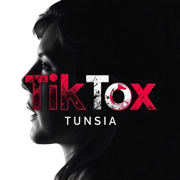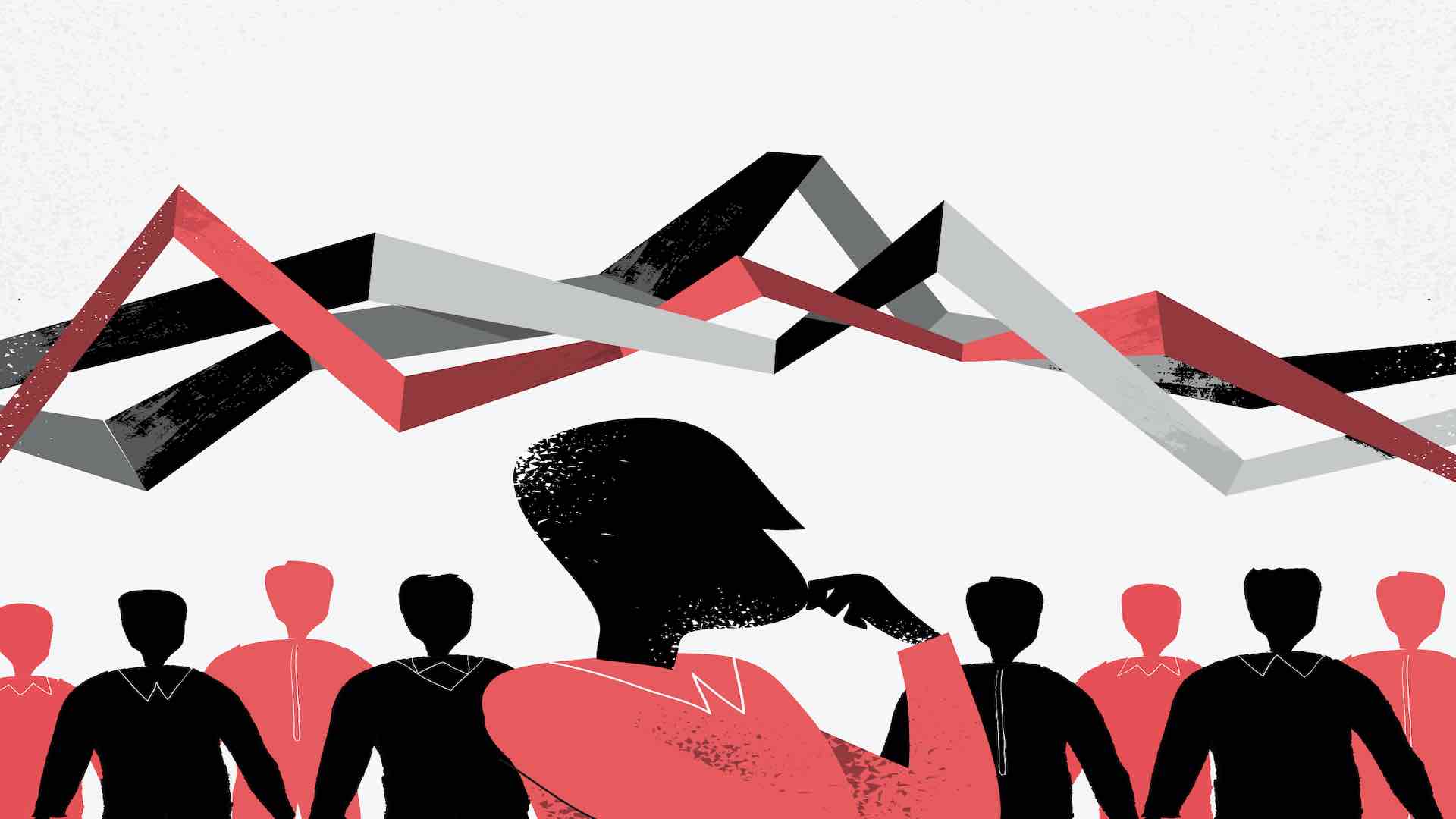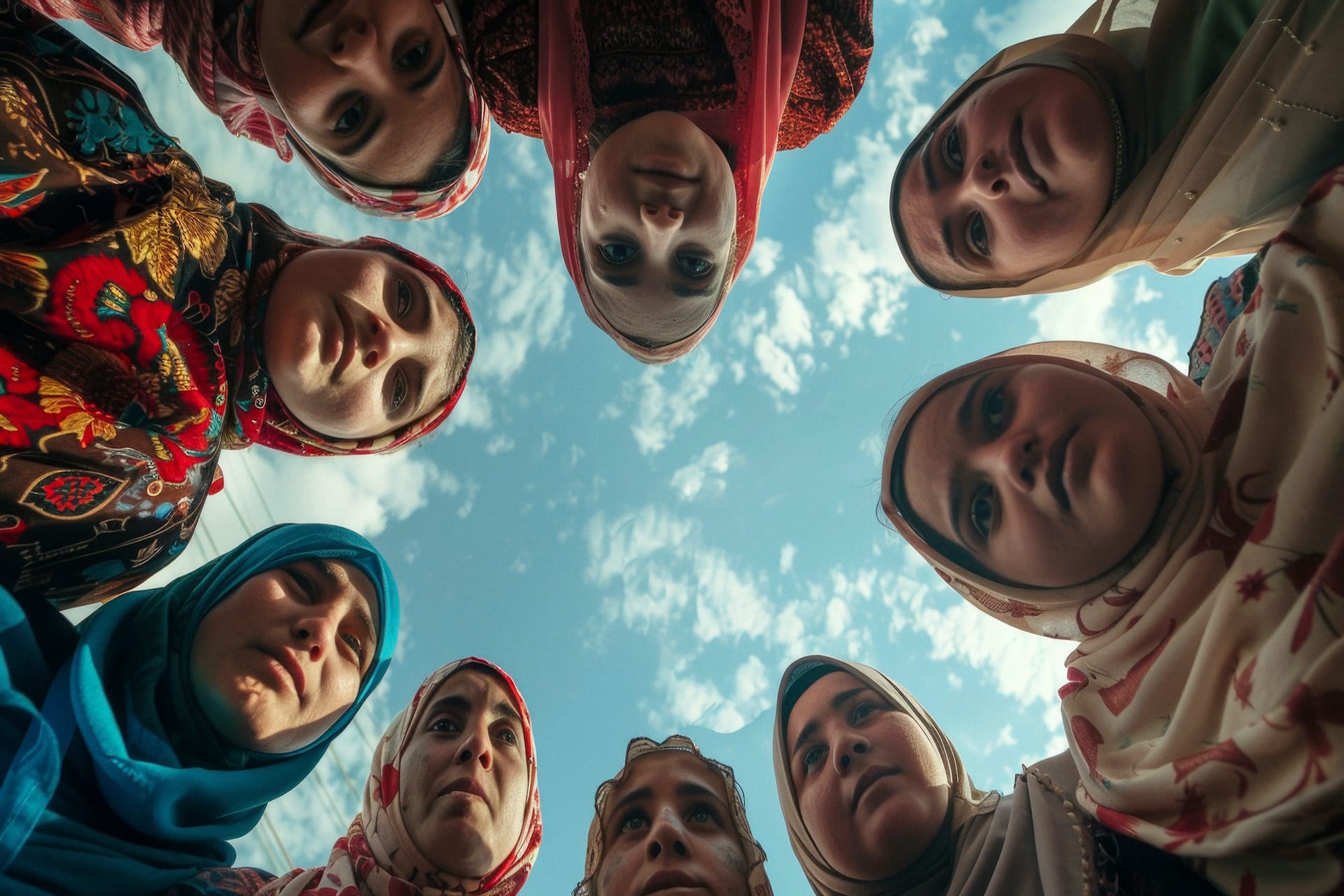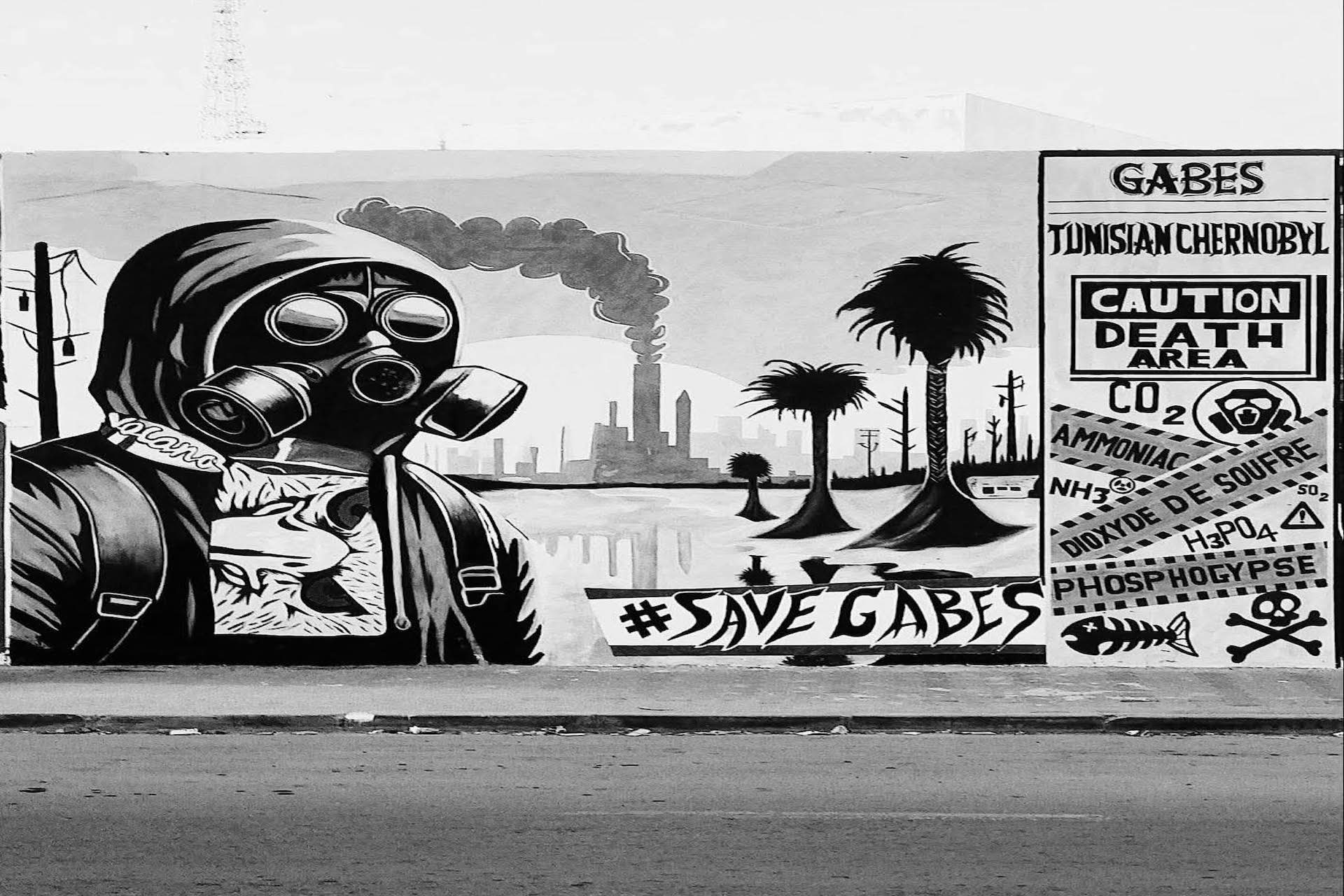TikTok Donations: How Money Flows in Tunisia
A full analysis of how TikTok donations operate in Tunisia, their economic impact, risks of fraud, and financial transparency challenges.
Introduction
TikTok is not only a space for entertainment and political discourse in Tunisia—it has also become a digital economy powered by donations and gifts. Viewers purchase virtual coins and send them to streamers in the form of animations (roses, lions, castles, etc.), which are later converted into real money.
While this system provides income opportunities for Tunisian creators, it also raises serious questions about financial transparency, fraud, and potential money laundering. This article examines how TikTok donations work, their economic implications, and the regulatory challenges in Tunisia.
1. How TikTok Donations Work
The donation system is simple yet powerful:
- Purchasing Coins: Users buy TikTok coins with credit cards or mobile payments.
- Virtual Gifts: Coins are exchanged for virtual items like roses, cars, or luxury gifts.
- Streamer Revenue: Streamers convert gifts into TikTok “diamonds.”
- Cash-Out Process: Diamonds are cashed out through PayPal or bank accounts.
In Tunisia, this process has become a primary source of income for many streamers.
2. The Scale of Donations in Tunisia
Donations on TikTok are not just symbolic—they represent significant financial flows:
- High Competition: Streamers compete to attract donations through live shows.
- Gift Battles: Donation contests encourage viewers to spend more money.
- International Sources: Many donations come from Tunisians living abroad.
- Top Earners: Popular streamers can earn thousands of euros per month.
This creates a parallel digital economy that operates outside traditional regulation.
3. Risks of Fraud and Exploitation
Despite its benefits, the donation system is vulnerable to abuse:
- Exploitation of Vulnerable Audiences: Young or economically weak viewers may overspend.
- Fraudulent Accounts: Fake streamers manipulate viewers into donating.
- Scams with Fake Prizes: Some streamers promise rewards in exchange for gifts, then disappear.
- Child Involvement: Underage users are sometimes targeted, raising ethical concerns.
These practices contribute to digital exploitation and financial harm.
4. Money Laundering Concerns
One of the most serious issues linked to TikTok donations is potential money laundering:
- Illicit Fund Flows: Criminals may use TikTok donations to move money anonymously.
- Cross-Border Transfers: Diaspora donations create a channel for unmonitored international transfers.
- Lack of Transparency: Neither TikTok nor Tunisian banks fully disclose how much money circulates.
- Regulatory Gaps: Existing laws do not address streaming-based financial flows.
This makes TikTok a possible vector for financial crimes in Tunisia.
5. Economic Impact on Tunisian Society
TikTok donations impact Tunisia’s economy in multiple ways:
- Informal Income Source: Many streamers depend solely on TikTok for earnings.
- Foreign Currency Inflows: Donations from Europe inject euros into the Tunisian economy.
- Shadow Economy: Much of this activity goes unreported, bypassing taxes.
- Consumer Behavior: Viewers spend money digitally instead of in the local economy.
This raises questions about fair taxation and economic regulation.
6. Regulatory Challenges
Tunisia faces a dilemma in regulating TikTok donations:
- Tax Evasion: Most creators do not declare TikTok income.
- Banking Restrictions: Some payouts bypass Tunisian banks through PayPal or foreign accounts.
- Financial Surveillance: Authorities lack tools to track digital donations effectively.
- Global Precedent: Other countries (e.g., the EU) are pushing for stricter financial transparency on platforms like TikTok.
Tunisia risks falling behind international standards if regulation is not updated.
7. Opportunities and Solutions
Despite risks, TikTok donations also present opportunities:
- Formalization of Digital Work: Recognizing TikTok as a legitimate income source.
- Taxation Reform: Creating fair tax policies without discouraging young creators.
- Partnerships with Banks: Facilitating legal and transparent payout systems.
- Financial Literacy Campaigns: Educating viewers about responsible spending.
A balanced regulatory framework could transform TikTok from a risk into an opportunity for Tunisia’s digital economy.
8. Case Examples from Tunisia
Concrete examples highlight both the benefits and risks:
- Streamer Success Stories: Some Tunisian streamers support their families entirely through TikTok.
- Diaspora Donors: Tunisians abroad send massive gifts, effectively transferring money home.
- Suspicious Activity: Reports suggest certain donation patterns may be linked to fraud or laundering.
These cases illustrate the complex role of donations in Tunisia’s TikTok ecosystem.
Conclusion
TikTok donations have become a powerful financial force in Tunisia, shaping both livelihoods and risks. While the system offers income opportunities for creators and engages the diaspora, it also exposes Tunisia to fraud, exploitation, and money laundering.
To harness the positive potential while minimizing risks, Tunisia must adapt its financial regulations, encourage transparency, and provide education on digital spending.
The future of TikTok donations in Tunisia depends on striking a balance between innovation and accountability.














